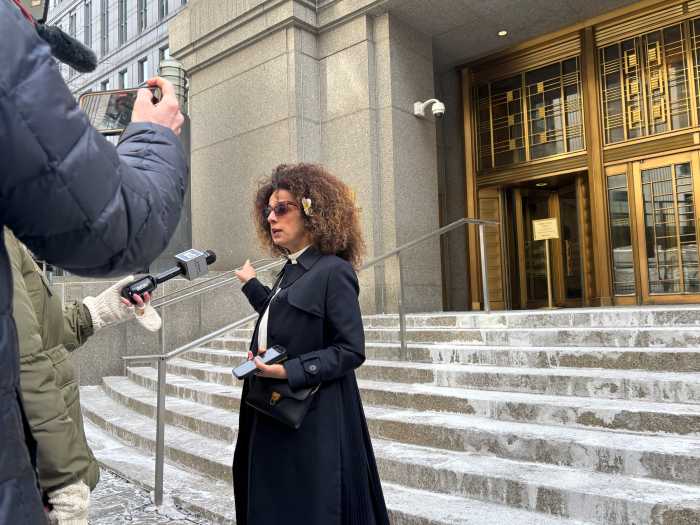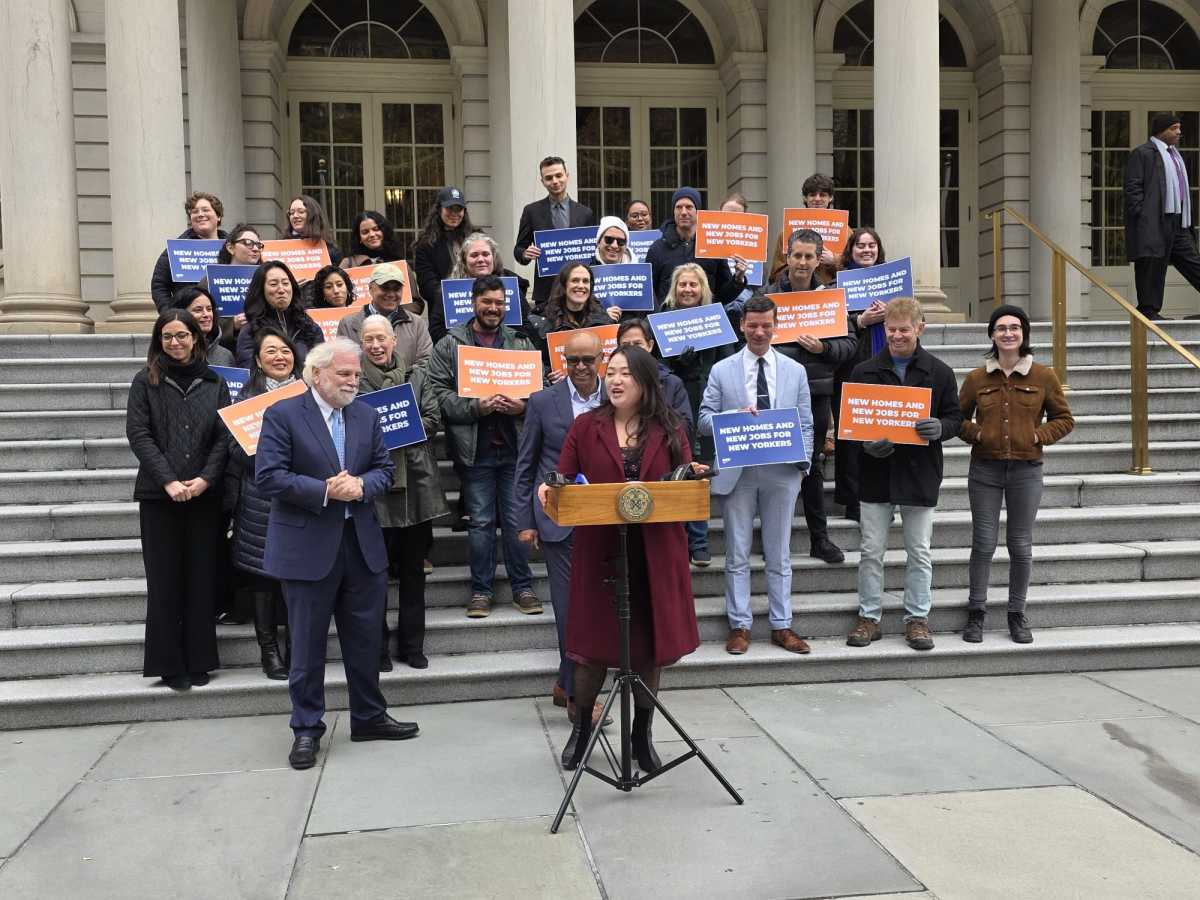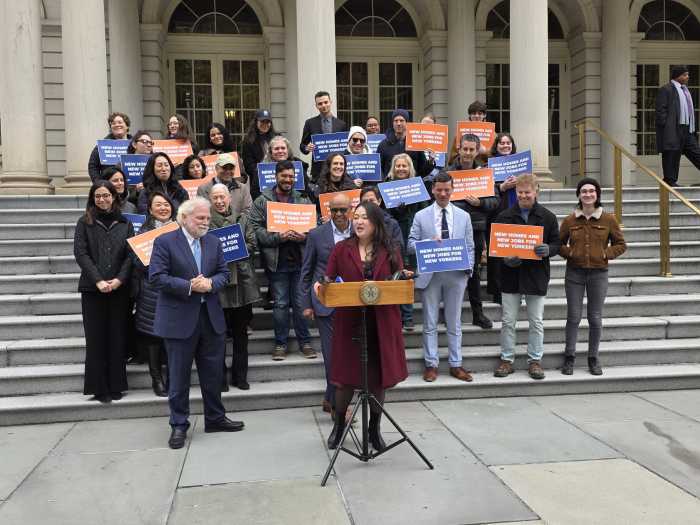Social media posts are increasingly scrutinized in criminal investigations, with law enforcement and courts treating threatening online statements as potential evidence of crime.
Social media has become an integral tool for law enforcement agencies to investigate crimes, gather evidence, and even prevent criminal activity. Public posts, comments, photos, and videos shared online often provide valuable insights that police can use to identify suspects, corroborate witnesses’ accounts, and establish timelines. Due to the widespread accessibility of these platforms, information posted on social media is increasingly scrutinized in criminal investigations.
People should exercise caution when sharing content on social media, as their posts may be inspected by law enforcement and could be used as evidence in criminal cases. Statements that include threatening language, even if meant as jokes or expressions of annoyance, can be seen as true threats if there is a proven intent, which could lead to severe criminal charges. Additionally, social media users need to recognize that posts made publicly or to a large group of friends are generally not protected by privacy laws and may be accessed by police without a warrant.
As a result, social media platforms have become a significant source of information for law enforcement agencies investigating crimes. When individuals post content on their social media accounts, especially if shared with a broad audience, such as friends or made publicly accessible, courts have consistently held that social media users do not have a reasonable expectation of privacy in these communications.
The U.S. Supreme Court has ruled that because a defendant shared Facebook posts with a wide circle of friends — including an undercover law enforcement officer — he lost any reasonable expectation of privacy. Accordingly, law enforcement can lawfully use publicly shared social media posts or those shared with a large group as evidence without violating constitutional privacy protections. This principle underscores the reality that social media users must recognize that what they post is accessible beyond their immediate control and can be subject to police scrutiny in criminal investigations.
Given the minimal expectation of privacy for numerous social media interactions, users should refrain from sharing violent, threatening, or potentially harmful statements. Be mindful that sarcasm, memes, or artistic expressions might not protect you from legal consequences if the posts are viewed as credible threats. Always remember that once content is shared online, one has no control over how the information is used, and it is subject to review by law enforcement. These precautions can help mitigate legal threats and unintended repercussions at a time when social media is closely being monitored.
Social media has transformed law enforcement investigations by providing abundant, accessible evidence. Although courts require proof of intent to threaten for online speech prosecutions, the balance between free expression and public safety remains delicate. Social media users generally have little expectation of privacy for widely shared content, enabling police to use such posts in investigations. The contours of what an individual posts is not simply limited to the content of the posts, as the posted location, or the meta data associated with a posting, can also be used to place an individual in a specific area. In addition, attorneys and jury consultants are routinely reviewing the social media accounts of potential jurors to help assist them in selecting or striking potential jurors in their cases.
Lastly, it goes without saying, if an individual has been criminally charged, and they take to social media to post statements about their case, such postings about their ongoing criminal case can be detrimental, and may be used against them during a trial. As social media evolves, understanding the legal and privacy boundaries is essential to protect rights while ensuring justice.
A good rule to follow: Always think before you post!
Arthur L. Aidala, Esq is the managing partner of Aidala, Bertuna and Kamins. He is a former Kings County Assistant District Attorney and is the host of the “Arthur Aidala Power Hour” weekdays at 6pm on AM970 The Answer.
Michael Jaccarino is a partner at Aidala, Bertuna & Kamins. He is a proven trial lawyer and a defender of the accused.
Nicholas Sozio is a third year law student at Pace University Law School.







































